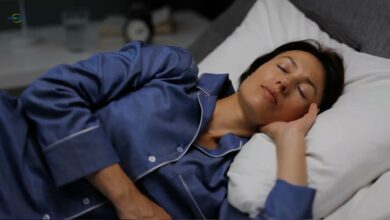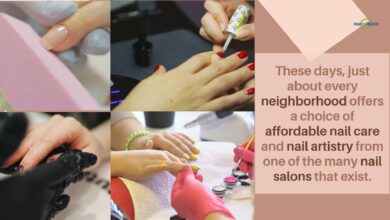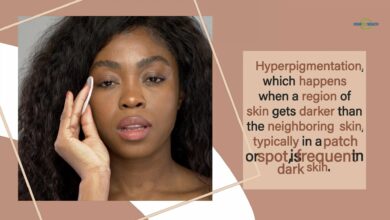For billions of individuals around the world, hair, cosmetics, and skin care are key components of how they and society see them. The beauty industry is likewise highly successful. In addition, Black Americans, a broad and expanding community of 41 million individuals with rising disposable income, spend a great deal on beautification according to a study conducted by Mckinsey & Company titled “Black Representation in the Beauty Industry” written by David Baboolall and Tiffany Burns published in June 2022 .The promise of equity in the cosmetics sector, like in numerous other industries, has proven problematic, despite enormous spending by the Black population. Due to a scarcity of diversity in advertising efforts, black customers just don’t see themselves in beauty adverts on Television, in publications, or on banners. Black customers also don’t have the same access to high-quality beauty items as non-Black customers do, and even when they do, it can be challenging for them to locate the goods they need. Such tensions manifest in tandem with the challenges faced by Black business owners trying to advance in the beauty industry. Theoretically, Black-founded, -owned, or -both enterprises are well situated to meet the demands of Black customers. However traditionally, there hasn’t been a friendly environment that supports Black-owned firms in the beauty sector.
In addition to the absence of Black presence at all degrees of leadership among vendors, major beauty businesses, and financiers, innovators sometimes lack accessibility to crucial market information and analysis. The absence of finance for Black beauty enterprises at all phases of growth is perhaps the most important, even though Black brands like Tracee Ellis Ross’ natural-hair-product company Pattern Beauty, have consistently outperformed non-Black beauty start-ups in terms of profitability. Countless black communities suffer from poor adequate access to products and services, creating consumer wasteland. This implies that Black shoppers have limited choices and must journey longer than White consumers to reach retail establishments that might provide greater cosmetic goods. When Black customers arrive at a store selling beauty items, it can be challenging for them to locate what they’re searching for. There aren’t enough products available that are appropriate for people with darker complexion or Afro-textured hair. Black aesthetic brands are frequently out of stock in establishments that do carry them, and what is available is frequently displayed in an unsatisfactory manner. There is a disconnect between what cosmetic niche shops believe will work and what will actually work, even though these shops frequently take satisfaction in the variety of colors they carry.
Since salespeople don’t have a thorough understanding of Black beauty goods, Black customers frequently have a negative in-store purchasing experience. Personal recommendations are essential for impacting beauty revenues, and sales representatives frequently have the authority to persuade or dissuade customers from buying particular goods. Colorism has led to social ideas of beauty favoring lighter-skinned Black individuals over those with darker skin tones, even within the Black society. As a consequence, it has been required of Black people to alter their physical characteristics in order to resemble those of white persons. Naturally curly Black women’s tresses are regarded as unprofessional in workplace situations. This conveys the idea that if people of color wish to uphold standards of practice, they should make an effort to look as white as conceivable.
Black individuals want a genuine relationship or sense of enjoyment from their encounters with beauty products, aside from the extreme pressure they face to adhere with artificially created expectations. Black beauty innovators, proprietors, and customers want improved visibility, integration, and fairness as they claim their legitimate positions in the beauty sector. Professionals from a variety of sectors, including those in commerce, consumer staples, and investment groups, must step up their efforts to grow the Black beauty sector and make investments in its development.By defining beauty differently from what the mainstream believes is beautiful, we might drive transformation upon the cosmetic industry, which has a significant impact on our wellness and happiness.




